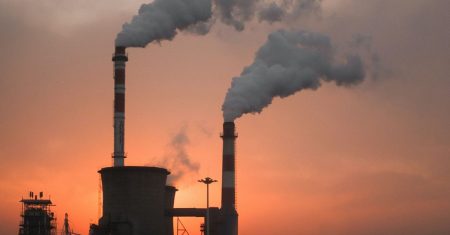
Japan Tuesday pledged to slash greenhouse gas emissions by 60 percent in the next decade from 2013 levels but climate campaigners said the target fell short of what was needed under the Paris Agreement to limit global warming.
Under the Paris accord, each country is supposed to provide a headline figure to the United Nations for cutting heat-trapping emissions by 2035, and a detailed blueprint for how to achieve this.
Japan is heavily dependent on imported fossil fuels as the world’s fifth largest single-country emitter of carbon dioxide after China, the United States, India and Russia.
On Tuesday Tokyo’s environment ministry said the country would slash emissions 60 percent by the 2035 fiscal year.
The world’s fourth-largest economy also aims to cut emissions by 73 percent by fiscal 2040 as part of its new Nationally Determined Contribution (NDC) — a voluntary pledge to be submitted to the UN later on Tuesday.
Nearly 200 nations had been required to deliver their fresh climate plans by February 10 but just 10 did so on time, according to a UN database tracking the submissions.
The Japanese ministry said Tuesday that its “ambitious targets (are) aligned with the global 1.5 degree Celsius goal and on a straight pathway towards the achievement of net zero by 2050”.
But Masayoshi Iyoda from international environmental group 350.org noted that scientists say an emissions cut of 81 percent by 2035 is needed for Japan to honour its commitments to the 1.5 degree objective.
“This is a major failure in Japan’s attempt to transition to a future of renewable energy that is fair and just,” he told AFP.
Kazue Suzuki of Greenpeace Japan also said the new target was “far too low”, calling for a 78 percent reduction given “our responsibility as an industrially advanced country”.
UN climate chief Simon Stiell has called the latest round of national pledges “the most important policy documents of this century”.
Yet just a handful of major polluters handed in upgraded targets on time, with China, India and the European Union the biggest names on a lengthy absentee list.
